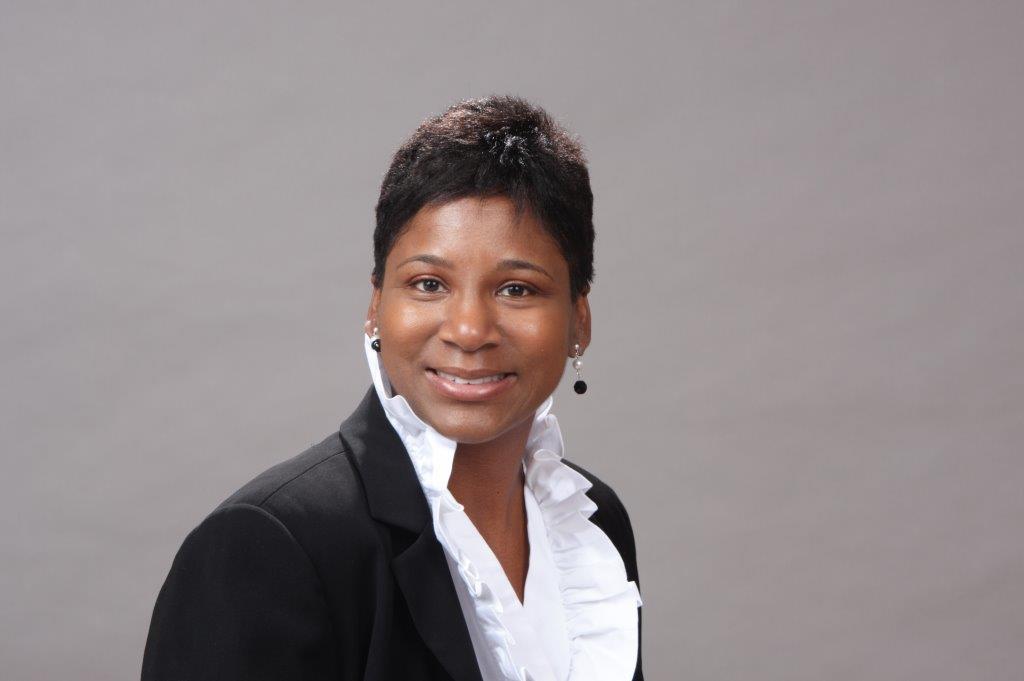Advocating for Our Elders

Emily Woodman-Nance PMP, CPC, CSM, is the CEO and Co-Founder of At Their Side attheirside.com, an ingenious new app for improving health care for our elders.
Emily references LongTermCare.gov and observes, “By 2030, the Baby Boomer generation, estimated at 73 million, will be at least age 65. According to the U.S. Department of Health and Human Services, someone turning 65 has almost a 70% chance of needing some type of support and long-term care services in their remaining years.”
Her company “At Their Side” is a subscription-based, 24/7 healthcare status platform intended to provide caregivers– often the concerned family members of a cherished older person who is hospitalized, in a skilled nursing facility, rehab, hospice, or other assisted care setting– critical information immediately, directly, and independently of overworked, overwhelmed care teams at the facility. This software breakthrough will address the central question faced by anyone caring for someone in any institutional setting that is not being able to get updates and information on the patient’s status. That core question is simply “How is my loved one doing?” and not being able to get an up to-the-minute answer is a heartache and a headache for all concerned. “The caregiver who is separated from their loved one feels helpless. It’s just so frustrating, even scary, to not be able to get answers in a timely manner,” says Emily, who was born and raised in Los Angeles, CA.

She explains, “Once a partner facility has subscribed to the service, the family member needs to establish power of attorney and share it with the facility. Once that’s done, family members can then get access to the patient’s healthcare information such as, recent doctor’s orders, the facility menu, what percentage of their meal was eaten, their activities, and other crucial information,” she says, “This will alleviate some of the phone calls and relieve some of the pressure on the health care staff. The app also will give offsite caregivers more peace of mind, and more of a sense of control. And quite honestly, this is good for facilities. Better communication can help prevent lawsuits.”
Emily brings more than three decades of expertise in technology and engineering to the conversation. And although she’s most definitely one of the original “girls who code,” a model followed by her college-age daughter today, for Emily, the work of caring for elders is about a lot more than the hard, cold stats and metrics. She says, “When I was six years old, for a school essay about what we wanted to be when we grew up, I wrote that I wanted to take care of my parents.”
She recalls attending a family reunion in Louisiana and feeling that “my dad wasn’t 100%.” Caring for her elderly father, then her mother in-law might seem like a huge sacrifice to some– Emily was living on the East coast at the time, and quit her job there to return to Southern California and care for her father was simply the expression of her lifelong love and commitment to family and love for seniors which began in early childhood. “When I began to see that something didn’t look right with my dad, I started going to all of his doctor’s appointments with him. My siblings and I all cooperated and worked in rotation, and his doctor told us that we literally turned my dad’s health around by being in tune with him,” she says.

A similar experience followed with Emily’s mother-in-law. “You knew she was not really there,” Emily recalls. “She no longer had any idea who I was. But I loved our time together. I would listen to her stories, more than once, sing to her, and we laughed so much.” Her key advice on interacting and caring for older loved ones: “Let go of being correct. Don’t correct them on the details. Realize that they are probably having a lot of memories in the sense of those deep, long-term memories arising from many years ago, even though the short-term memory may be gone. Ask them what they think. Ask their opinions. Give them an extra dose of patience, and give them respect, because they are elders, whether they know it’s Tuesday or not. What’s important to them is to have a sense of joy, no matter what day they think it is.”
Here are some of Fifty Nifty’s tips for how to approach the care of aging loved ones:
- Establish Power of Attorney (POA). POA enables a person deemed an “Agent” to make medical, financial and other personal decisions (such as recommending a guardian) for another person. The process varies from state to state, but in most cases, it involves filling out a form and having it notarized. Forms are available online, and be sure that you select the forms which pertain to your state. In the simplest terms, you do not need a lawyer to obtain POA if there is no opposition. If the scenario is complicated, however, you may want to save everyone a lot of drama and hire an attorney to assist you in the process. Note that you cannot obtain POA without the consent of the person you’re caring for, namely the “Principal.” If this individual is incapacitated and thus cannot give informed consent, you will likely need to ask the court to appoint you as guardian (called “Conservator”). Start this process at the County Probate Court Clerk’s Office.
- Discuss and establish your loved one’s (Principal’s) preferences while they are conscious and self-sufficient. The most obvious areas to cover are end-of-life decisions, including DNR (Do Not Resuscitate) agreement regarding life-support, and how the Principal wishes for their remains to be handled after their death. These are tough questions that need to be asked (and answered).
- Try to avoid allowing an “event” to make major decisions regarding your loved one / Principal. By “event,” we mean experiences like heart attack, organ failure, stroke, broken hip, serious fall, cancer diagnosis. Ideally, the end-of-life discussions have taken place and steps have been taken to follow the wishes of your loved one before a serious health issue lands them in the ICU.
- Early on, talk about family “patterns.” Although each of us is unique with our own completely personal health profile, we didn’t come from nowhere! It may be helpful to discuss and understand the longevity and health histories of relatives who went before us, as a way to shed light on what is happening here and now. This intimate, first-hand knowledge may be lifesaving, since so few clinical trials and studies are conducted on elders.

- Do tell “little” lies. Resist the urge to correct our aging parent, loved one or other Principal, unless the consequences of not correcting them are life-threatening. If the fragile person in your care sees a rainbow outside their window, agree and enjoy it with them. What’s the harm? People approaching the end of life will often conduct conversations with others who are long-gone. Sometimes elders will get agitated because they want to visit with a long-ago-departed loved one, and demand “Where is she?” Discuss how to handle this sort of agitation with a mental health professional.
- Avoid role-reversal. If you’re changing a parent’s diaper and spoon-feeding them pudding, it’s quite natural for you to feel like you now are in the parent role, and your elder has become the child. While feeling this way may be understandable, it’s not what your elder wants to hear or believe. Continue to show respect to the person in your care, and don’t belittle them: maintaining some sense of control and autonomy, even when you are in fact making all key decisions, is highly beneficial to anyone at any age, in any condition. If your mother wants to wear her rhinestone tiara at breakfast, by all means encourage her to do so.
- Prepare to fight for your loved one. How your Principal fares in their setting depends upon myriad factors. But here’s one hard, cold fact to remember: hospitals do not want to care for long-term patients. Why? Because long-term patients are not profitable for the facility. Finances and insurance benefits will play a role.
- Many of us have faced the pure terror of a care facility wanting to send our loved one home prematurely. Serve as an advocate. If you formally question the safety of moving a patient, the facility most often (however grudgingly) will accommodate you at least long enough to make an alternate plan.
#
Very informative and a great well written article.
We love what At Their Side is doing! Thank you for your feedback!
This is wonderful, and much needed information platform for families and loved ones. It needs to be addressed often to our families as well as our now and coming-on generation of young people, and how aging is an inevitable life cycle, and our hearts and minds will have to be a great part of our future growth and aging families and communities.
Amen, Aging is inevitable!